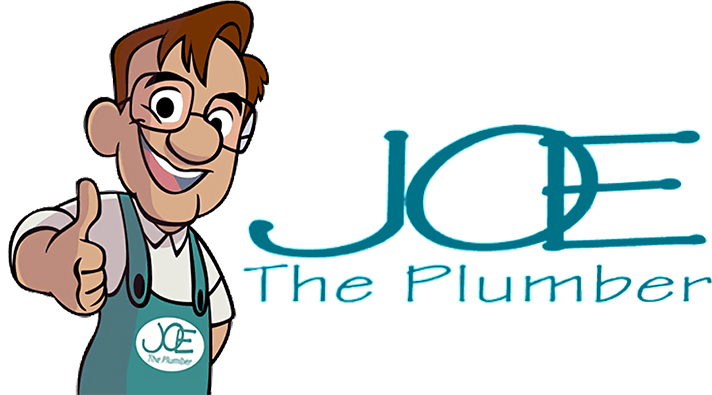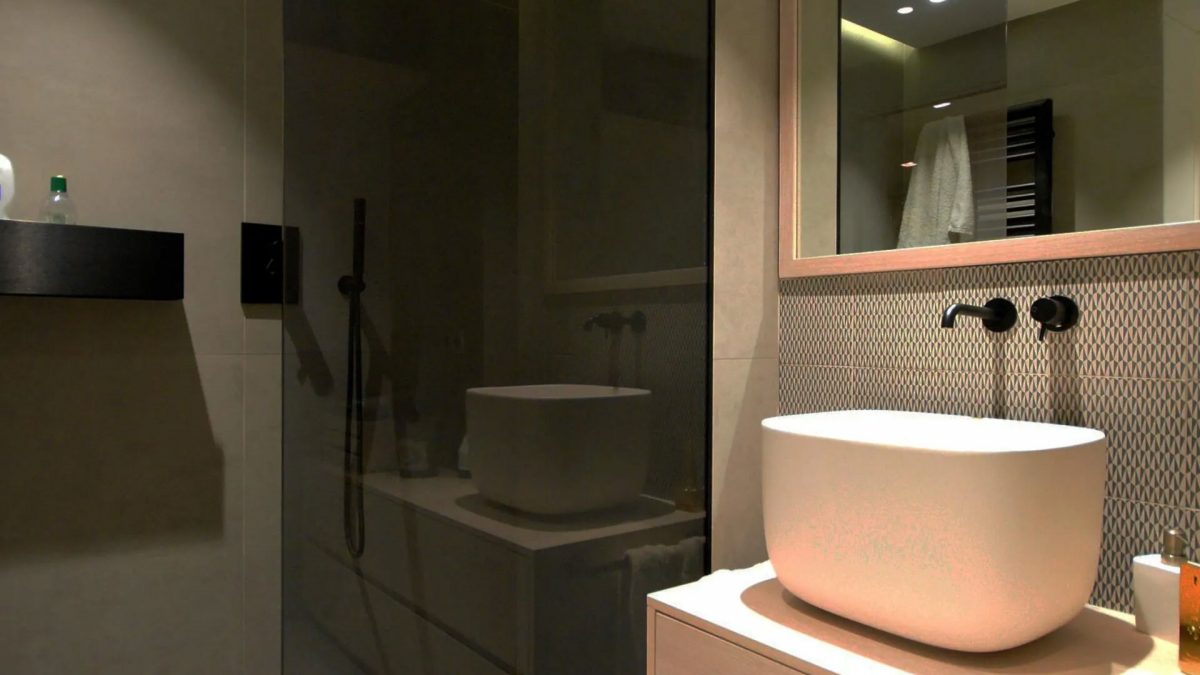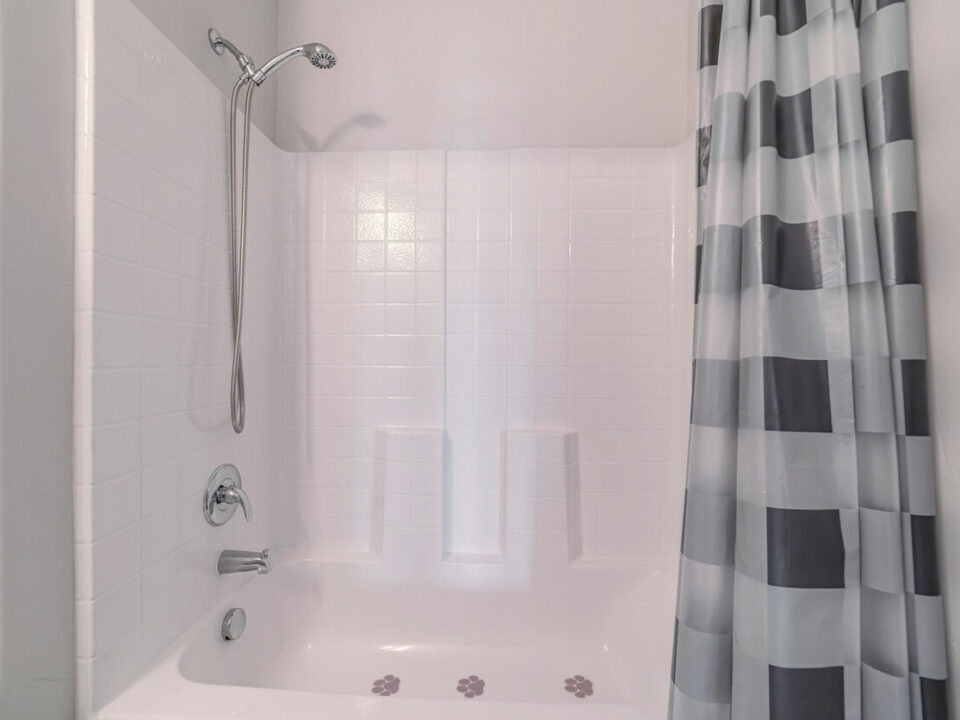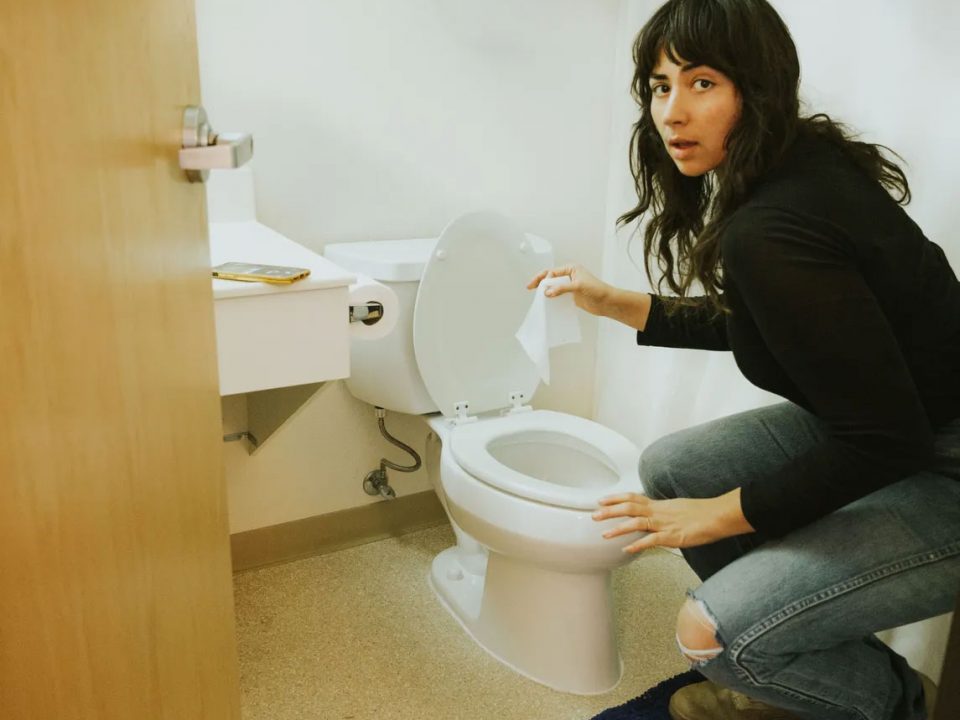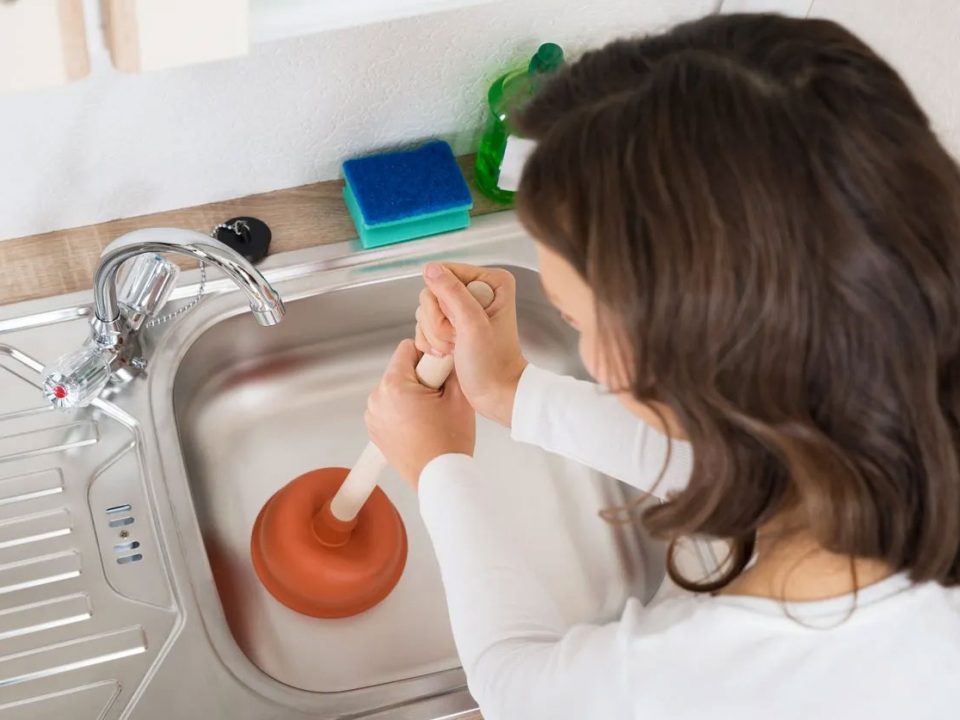Bad Habits That Can Destroy Your Shower
Most people can agree that it’s good to have a routine — it provides stability, can lower stress, and provides a little order in your life. However, it’s important to remember that our habits can have negative consequences, whether intentionally or unintentionally. These detrimental habits can include your shower habits, as well, and can vary on several factors. But how can the way you shower negatively affect your bathroom and shower? Here’s what you need to know to preserve and restore your bathroom plumbing. Follow along with Joe the Plumber.
1. Long, Hot, Steamy Showers
While a hot shower can certainly feel therapeutic, it can cause a lot more problems than it may solve. For starters, the hot shower creates steamy and warm conditions that can cause mold to develop afterward. Hot showers aren’t just bad for your bathroom—they can be bad for you, as well.
Frequently hot showers can be damaging to your skin, causing irritation, dryness, redness, and itchiness. The best way to combat the growth of mold is to ensure your bathroom is properly ventilated. Open windows, doors, or use a fan to remove moisture from the air. To better protect your skin, it’s best to either take shorter, hot showers or use warm water instead.
Joe the Plumber is the leading shower and tub plumber in Cypress and the surrounding cities. You can stay up to date on the industry news and trends by visiting our blog.
2. Ignoring Hair in the Drain
It’s gross, but many of us do it—after a shower of deep shampooing and conditioning, a buildup of hair gets left behind in the shower drain. Not only is it gross to step on, but it can create a detrimental buildup that can wreak havoc on your pipes by causing a blockage that can create water buildup. Hair can accumulate in the drain, causing water drainage to go slower until the drain is completely blocked.
If you leave behind hair after you shower, it might be best to use a drain cover that catches hair. Either way, the best way to avoid hair drainage problems is to try to make it a habit to collect the hair every time you shower. It may be tedious, but it’s much more doable than dealing with blocked pipes.
Related Post: How to deal with plumbing clogs in your home
3. Not Cleaning and Drying Your Loofah
When lathering up in the shower, we either use a washcloth or a loofah to get the job done. However, for many people, it’s a bad habit to leave the washcloth or loofah behind in the shower, often hanging to dry. While this might seem like nothing, the wet washcloth or loofah is cultivating bacteria. This particular habit might not directly affect your pipes, but it can still cause bacteria and mold to develop. It’s better to completely dry off your washcloth and loofah and washing it with anti-bacterial soap to ensure it stays clean.
Related Post: What plumbing problems require hiring a contractor?
4. Leaving Water Behind on the Floor
Although our shower mats do a good job of collecting water, they aren’t perfect. More often than not, whenever we exit the shower, some water is left behind. Not only is the leftover water gross, but it can cause significant damage and problems to your home: left behind water can create mold, warp floors, and damage grout in tiles. Have another towel nearby to help dry the floor to the best of your ability, and try to keep an eye out to ensure no water or puddles are left behind. You’ll thank yourself later.
5. Unintended Hard Water Build Up
If you notice chalky white residue near your shower head or drains, you may have hard water build-up. Hard water is tap water that contains a high amount of minerals, such as calcium and magnesium. While hard water may not be dangerous, it can certainly be a nuisance to your bathroom and daily life.
The hard water build-up can block parts of your shower head, which in turn decreases water pressure for your shower. Hard water can also cause skin sensitivities, as well as dry and brittle hair. If you begin to notice hard water build-up, use either shampoo or a mixture of vinegar and water to remove it to help your shower feel good as new. However, if you continue to notice hard water build-up, it may be time to invest in a new water filtration system or to contact a plumber you can trust, such as Joe The Plumber.
When is it Time to Call a Professional Plumber?
We’re humans. As much as we try to be proactive and attentive, there are some things we let fall through the cracks. If you notice that your shower is in bad shape, don’t be too hard on yourself—no one means to be detrimental on purpose. If you feel your shower, pipes, or floors are in bad condition, don’t fret! It may be a good idea to contact a professional with years of experience and expertise, like Joe The Plumber. For decades, Joe The Plumber has led the greater Houston area in customer satisfaction, transparency, and dependability. There is no problem too little or too big for Joe The Plumber.




